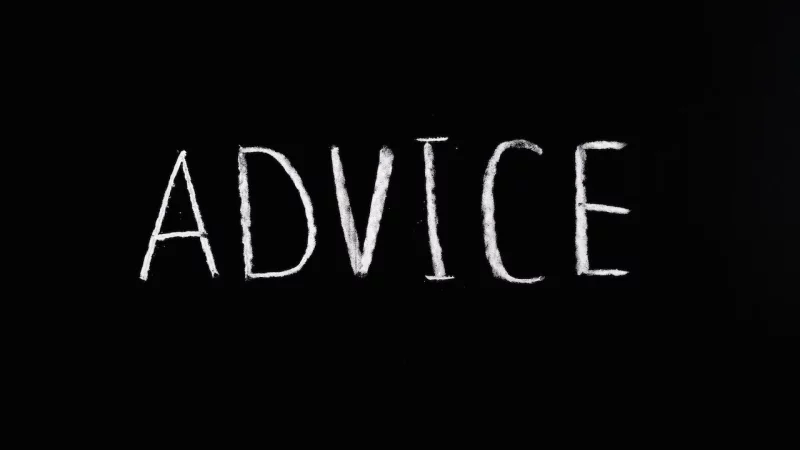
[0:29] Q: What kind of questions should applicants ask business school representatives so that they make a good impression during the interview?
[0:36] A: I guess the main point is what questions they should not ask. There is a lot of information on our website and most of the questions that are asked just repeat what is on the website. Therefore, I strongly advise all participants to read the brochures, read the website and the information available so that they do not repeat the same information to the recruitment manager. Use the recruiters as a resource to be able to give you additional information. So if there is a part of the programme you are particularly interested in knowing more about, talk to the recruiters about that. They’ll be impressed that you have done your research about the programme which will also help you in the long run because it shows you are genuinely interested.
You can also ask questions about the focus of the school and what sets it apart from other business schools. A lot of MBAs, if not all of them, have very similar core courses that offer very similar specialisations but every school has something particular and different about it. This is your opportunity to know if you are the right fit for the school and if the programme is the right fit for you.
[1:45] Q: Are there some common mistakes that applicants could easily avoid during their application?
[1:52] A: The biggest mistake that I find is the fact that there are spelling mistakes in the essays. This is something very simple but you need to take the time to check. Use Microsoft Word and spellcheck to make sure there are no spelling mistakes. This may seem very insignificant but when we’re reading hundreds of essays and we see someone making spelling mistakes, it just shows that you are unprofessional and that you do not check your work.
[2:22] Q: Would you advise applicants to work with a coach while preparing their application?
[2:27] A: For Emlyon Business School, I would not necessarily recommend working with a coach. I would rather recommend working with a recruitment manager. Our job is to speak with participants to ensure that you are right for the programme. We don’t want people applying for the programme if we think that they won’t be happy or that the programme won’t help them achieve their professional goals. So it is best to work with the recruitment manager – we are there to help you and to ensure that you are right for the programme.
[3:11] Q: What do you pay most attention to in an application essay?
[3:17] A: We pay most attention to diversity. In our programme we have a very diverse cohort, both in the full-time and in the Executive MBA. Speaking for the full-time MBA, we have between 30 and 40 students and for us, diversity is number one – not only cultural, but also professional diversity. So, if you do something out of the ordinary, for example, if you are a DJ in your spare time or if you have a little business on the side, talk about that. In our cohort, we want everyone to be different and we want everyone to bring something else to the class. This is the best piece of advice I can give.
[4:00] Q: How important is the GMAT score for getting into your MBA programme?
[4:06] A: We don’t have a minimum GMAT score requirement. As I mentioned before, for us it is very important that you have a diverse profile. Of course, the GMAT is important to ensure that you will be able to complete the programme. The MBA is a very difficult and fast-paced programme where you will be doing a lot of mathematics and you will be tested on your verbal skills as well which is why the GMAT is important. However, we look at your full profile – we look at your educational and professional background, your motivation for doing an MBA, etc. So don’t panic if you don’t score too high on the GMAT because if you have a fantastic background, we understand that sometimes you may not have the time to invest in the GMAT.
We give GMAT exemptions under some circumstances and this is decided by the admissions board. If you have a PhD, you get an automatic exemption. Otherwise, the admissions board will review your background and decide whether you can be exempted from this test.
[5:14] Q: Which test do you require – GMAT, GRE or a school-specific test? Do you have any preferences?
[5:21] A: We accept GMAT, GRE or TAGE MAGE which is the equivalent of the GMAT in French. Although we prefer the GMAT, we accept all three tests and you will not be penalised for providing us with a GRE score, for example.
[5:40] Q: How does a top test score affect the chances for admission and scholarship?
[5:46] A: Of course, the higher your score, the greater your chances of admission. Our highest scholarships are also directly linked with the GMAT score. Therefore, if you score between 650 and 690, you will have an excellent scholarship of 30%. If you score over 700, you’ll be eligible for an excellent scholarship of 60%.
Check out: The Road to a Successful Yale MBA Application (Video)



Comments